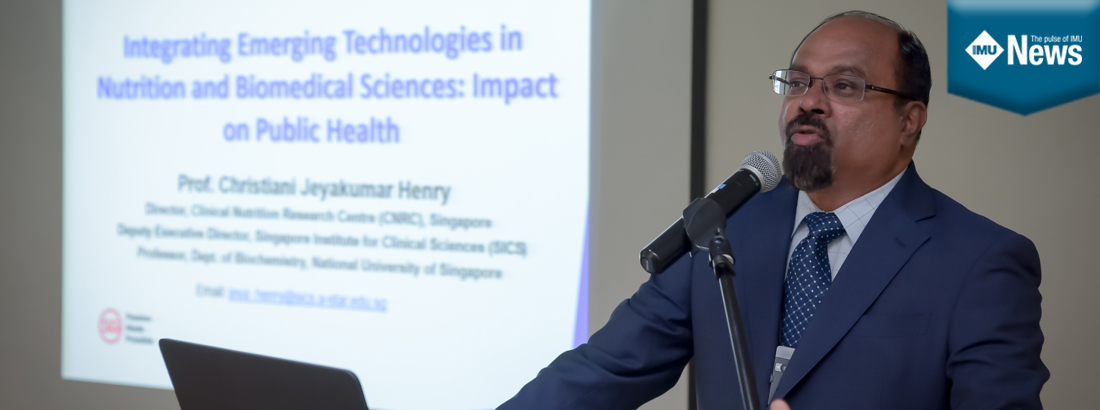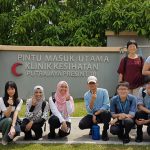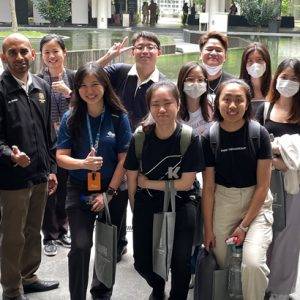In 1870, a Dutch scientist started doing research on beriberi in Jakarta, which was known to be a very severe, depletive disease in many parts of the world, including Asia where it led to paralysis and in some cases, death. He used chickens as his experimental models.
One day, he found all his chickens weak in their feet. He had an amazing idea where he connected the paralysis found in poultry with the paralysis that was seen in humans. He asked the researchers what they were feeding these chickens. They answered – highly polished rice. The scientist then started exploring the possibility that there was something in the rice that was being taken away via polishing. And that was when it was speculated that polished rice was deficient in something that may be causing paralysis. This was a complete revolutionary idea in that there is a disease that was occurring which had nothing to do with bacteria but rather some food compound.
This idea that the isolating nutrients from a food or an ingredient can affect your health has never been more explored. But now as we undergo a global food revolution where food manufacturing is being driven by nutrition and consumers, food is being taken more seriously as a cure and as a preventive measure for diet-related diseases
It was Hippocrates, the Father of Western Medicine, who said “Let food be thy medicine and medicine be thy food.” Ayurvedic medicine and Traditional Chinese Medicine (TCM) have for thousands of years also taught that food is medicine and a healthy diet is a powerful tool for protecting one’s health. ![]() “In the 1960s, people started to recognise that diet can be used to prevent your health outcome of tomorrow. What you eat today can have a profound effect on you tomorrow or the day after,” shared Professor Christiani Jeyakumar Henry, Director of the Clinical Nutrition Research Centre, A*Star of Yong Loo Lin School of Medicine, National University of Singapore. Prof Henry was recently in IMU to give a talk titled “Integrating Emerging Technologies in Nutrition and Biomedical Sciences: Impact on Public Health”. This is part of the University’s Institute For Research, Development & Innovation‘s series of talks in 2018. Turmeric shots, green smoothies, extra virgin coconut oil, carb-free, plant-based diet and whole grains – these food choices have become popular for those who want to pay extra attention to how and what they are fueling their body with.
“In the 1960s, people started to recognise that diet can be used to prevent your health outcome of tomorrow. What you eat today can have a profound effect on you tomorrow or the day after,” shared Professor Christiani Jeyakumar Henry, Director of the Clinical Nutrition Research Centre, A*Star of Yong Loo Lin School of Medicine, National University of Singapore. Prof Henry was recently in IMU to give a talk titled “Integrating Emerging Technologies in Nutrition and Biomedical Sciences: Impact on Public Health”. This is part of the University’s Institute For Research, Development & Innovation‘s series of talks in 2018. Turmeric shots, green smoothies, extra virgin coconut oil, carb-free, plant-based diet and whole grains – these food choices have become popular for those who want to pay extra attention to how and what they are fueling their body with.
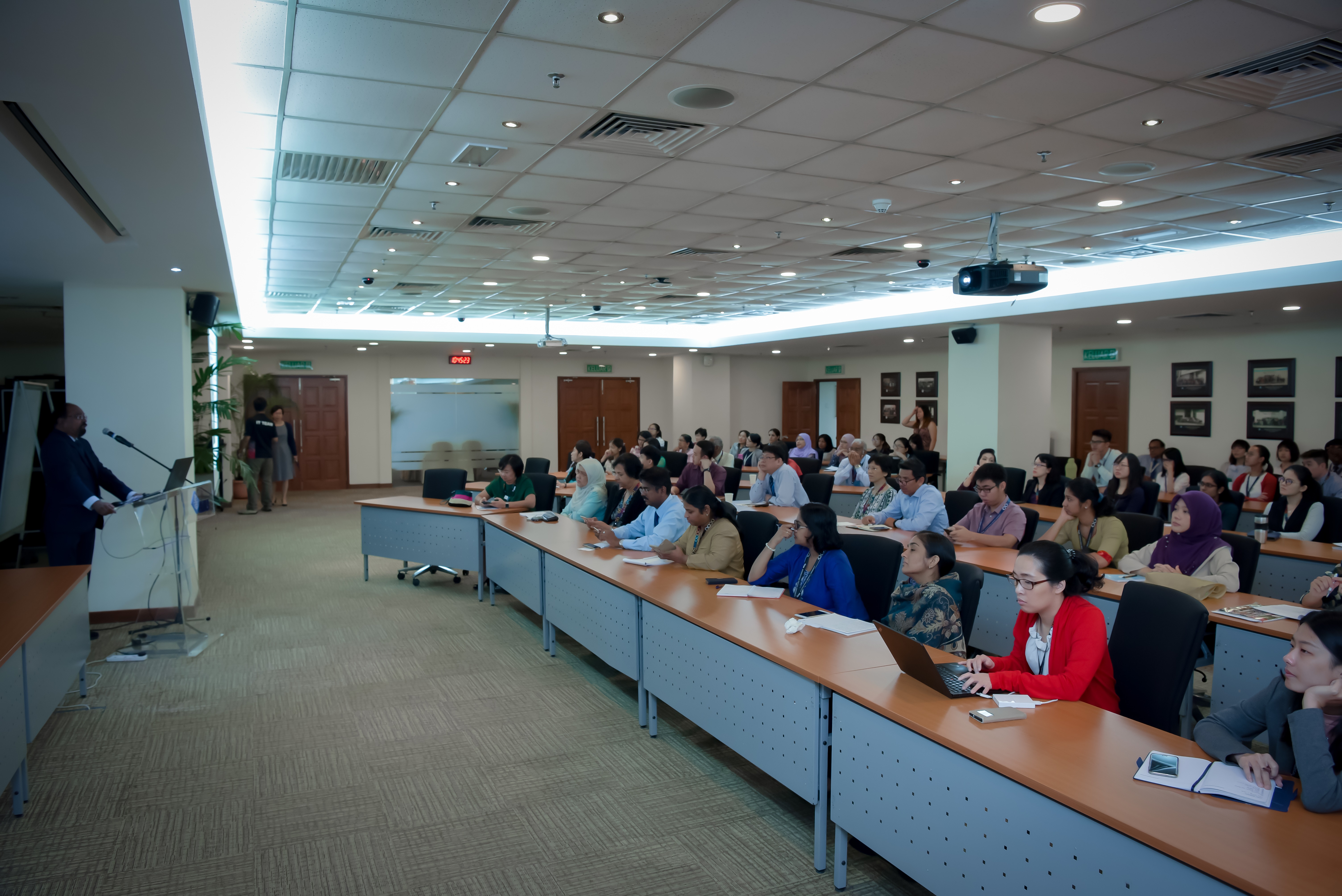
After all, food provides us with energy (calories). But what about using it to nourish the body and mind as suggested by Prof Henry? “The shift of paradigm is with nutrition being a therapy and being a preventive measure for nutrition and health. This has opened up a huge area of research and possibilities that we have not seen before. Here we see now a whole range of diseases from diabetes to obesity to cardiovascular diseases to hypertension that all have the underlined feature – food. That allows you to have an incredible, powerful paradigm that says what I eat today can manipulate my health outcome tomorrow,” says Prof Henry. More importantly, it allows you to play a role in how to manage and nurture your body through food choices. There is no doubt that food has a correlation with diet. Eating certain food or having a certain diet can sicken us – for example, eating processed food and food high in sugar are all linked to obesity and diabetes. And we often hear of how the right diet can result in better skin and hair (Vitamin E, anyone?). 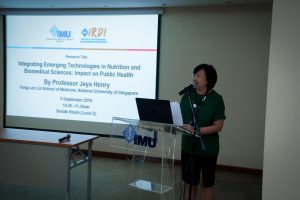 “Dietitians have also long been using food as medicine principles in providing medical nutrition therapy for patients across a wide range of diseases,” said Prof Winnie Chee, Dean, School of Health Sciences, IMU. “In today’s health scenario where Malaysia has a rapid rise in lifestyle-related diseases such as obesity, diabetes and heart diseases, promoting a healthy lifestyle through making healthy food choices and being more active has become paramount. Food innovations that can provide health benefits is the future in order for people to continue to enjoy eating without the negative effects of unhealthy ingredients.” So what do we make of food that helps to prevent and cure? It is definitely a movement that’s making its rounds now. Even medical institutions are making food part of treatment instead of just relying solely on medications. Healthcare organisations no longer just focus on providing healthcare but instead provide health. The average consumer has become smarter with their food choices, knowing very well that you really are what you eat. Everyone is paying attention to the powerful link between food and health. And this will only progress further as science delves into how to isolate certain components presented in ingredients to be used as new medicine to combat against diseases.
“Dietitians have also long been using food as medicine principles in providing medical nutrition therapy for patients across a wide range of diseases,” said Prof Winnie Chee, Dean, School of Health Sciences, IMU. “In today’s health scenario where Malaysia has a rapid rise in lifestyle-related diseases such as obesity, diabetes and heart diseases, promoting a healthy lifestyle through making healthy food choices and being more active has become paramount. Food innovations that can provide health benefits is the future in order for people to continue to enjoy eating without the negative effects of unhealthy ingredients.” So what do we make of food that helps to prevent and cure? It is definitely a movement that’s making its rounds now. Even medical institutions are making food part of treatment instead of just relying solely on medications. Healthcare organisations no longer just focus on providing healthcare but instead provide health. The average consumer has become smarter with their food choices, knowing very well that you really are what you eat. Everyone is paying attention to the powerful link between food and health. And this will only progress further as science delves into how to isolate certain components presented in ingredients to be used as new medicine to combat against diseases.
“The food and nutrition landscape will dramatically change in the next few years,” said Prof Henry. “Health and wellbeing will be the main driver of food and innovation. An understanding of how the structure of food can be manipulated will revolutionise both food technology and human nutrition.
“We are already seeing food engineers processing novel ingredients and manipulating physiochemical properties in order to enhance the sensory and health attributes of native foods. Integration of biomedical science with food and nutrition will yield rich scientific and commercial benefits. This is the disruptive science we have all been waiting for because this is going to revolutionise the food that we consume.” Health today is all about preventive care (the right food, the right lifestyle) against pallative care (drugs). Making every calorie count by choosing the right food for you might actually be the only prescription you’ll need for a healthier life.




